Baby Dry Skin: Symptoms, Causes and Treatment
- What Is Dry Skin?
- What Are the Symptoms of Skin Dryness in Newborns?
- What Are the Causes of Dry Skin?
- How to Treat Your Baby’s Dry Skin?
- How to Prevent Your Baby From Getting Dry Skin?
- Could Dry Skin in Babies Be a Sign of Any Condition?
- When to Consult the Doctor?
- FAQs
For a parent, their baby’s health is of utmost importance. This means taking care of their internal health by ensuring the right kind of nutrition and choosing products that not only secure their well-being but also their comfort. Parents have to be very careful about choosing everything from diapers to skincare products. For choosing the right skincare product, you need to understand the skin issues that can become a problem for babies. Dry skin is a particularly vexing problem in babies, and addressing newborn dry skin is crucial for their comfort and health. Baby dry skin can be caused by various factors, and finding the right products to manage it is essential.
What Is Dry Skin?
Your baby’s skin is thinner and more delicate than your skin. Their skin is, thus, more sensitive to the environment. Baby dry skin patches are common during the harsh winter and summer months.
What Are the Symptoms of Skin Dryness in Newborns?
Skin dryness is a common concern for many new parents, as a newborn’s delicate skin can easily become irritated or dry. Recognizing these symptoms early can help in managing and treating the condition effectively.
- Skin may appear flaky or start peeling, especially on areas like the cheeks, arms, or legs.
- Dry skin can lead to redness or irritation, which may be more noticeable in patches.
- The skin might feel rough or coarse to the touch, lacking its usual softness.
- Babies with dry skin may show signs of discomfort or itchiness, which can cause them to be fussy.
- The skin may feel tight or stretched, which can be uncomfortable for the baby.
What Are the Causes of Dry Skin?
Dry skin in babies can occur for various reasons, and understanding these causes can help in preventing and managing the condition effectively. Following are the causes of infant dry skin.
- Vernix Removal: After birth, the vernix, a thick protective coating on your baby’s skin, is wiped away. This can result in some initial peeling or flaking, especially on the hands, soles, and ankles.
- Environmental Conditions: Extreme temperatures or low humidity can strip moisture from your baby’s skin. This includes cold weather with heaters or hot weather with air conditioners, which can lead to dryness.
- Over-Bathing: Frequent bathing can remove essential oils from the skin, leading to dryness. It’s important to bathe your baby in moderation to maintain skin hydration.
- Harsh Soaps or Detergents: Using soaps or laundry detergents with harsh chemicals can irritate and dry out your baby’s sensitive skin. Opt for gentle, hypoallergenic products.
- Skin Conditions: Certain conditions, such as eczema or dermatitis, can cause chronic dryness and irritation. If dry patches persist, consult a healthcare provider for appropriate treatment.
- Dehydration: Inadequate fluid intake can also contribute to dry skin. Ensure your baby is well-hydrated by offering breast milk or formula as recommended.
- Genetics: Some babies may have a genetic predisposition to dry skin. If dry skin is common in your family, it may be more likely to affect your baby.
How to Treat Your Baby’s Dry Skin?
There are many steps you can take to help your baby’s skin stay hydrated. Dry skin remedies for babies can be found right at your home without having to make a trip to the doctor.
Home Remedies for Dry Skin in Babies
- Use a moisturiser: If you notice that your baby’s skin has dry patches of skin with flaking, then you must start using a moisturiser at least twice a day. There are many moisturisers in the market that cater especially to babies. Be sure to get advice from your doctor on which baby cream to use. Never use moisturisers made for adults, as they have chemicals in the composition that will be harmful to your baby’s sensitive skin. In addition to using a baby moisturiser, you can use baby soap to correct the dryness of the skin.
- Use a humidifier: The environment in which your baby is in makes a big difference to her skin. If the environment is too dry, then it will strip the oils and moisture from your baby’s skin. To correct this, you can keep a humidifier in her room. This will correct the humidity levels and fix any dryness in the air.
- Oil Massage: Using olive oil or baby oil for a daily massage, or applying it topically to dry patches, effectively moisturises the baby’s skin. This helps protect against dry skin.
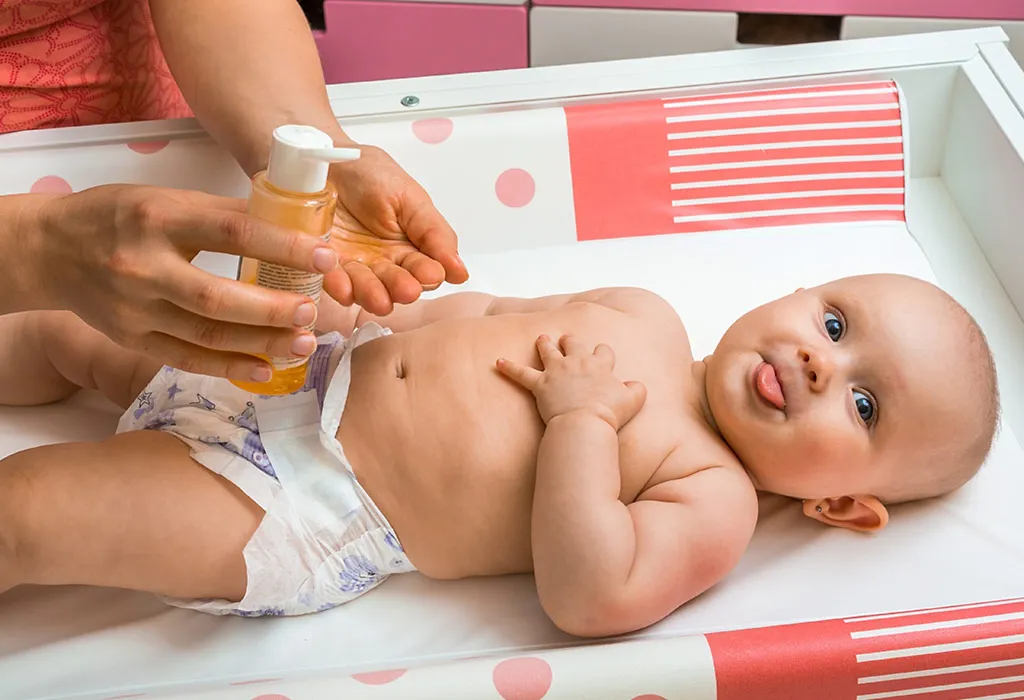
- Use Petroleum Jelly: Thick and protective, petroleum jelly helps combat dryness by locking in the moisture of the skin. You can apply a thin layer to the dry patches of skin.
- Use Calendula: Calendula, which is a skin-friendly herb, when mixed with coconut oil, becomes an effective remedy for dry skin. You can use this in consultation with the doctor especially if the baby is suffering from eczema.
How to Prevent Your Baby From Getting Dry Skin?
While dry skin in babies is easily corrected, it could be uncomfortable for your baby. Here are a few ways in which you can prevent your baby’s skin from drying out.
- Do not bathe your baby too frequently: Contrary to what you might think, a baby requires no more than three baths a week. You must also restrict the amount of time your baby spends in the water.
- Massage with oil: The oil massage, not just aids in your child’s development, it also ensures that too much oil is not removed from her skin.
- Lukewarm water: Using hot water will strip the essential oils from your baby’s skin. Use lukewarm water instead.
- Use the right soap: Baby products are widely recommended for a reason. They are best suited for your baby and consider the sensitivity and delicate nature of your baby’s skin. They are less harsh than soaps made for adults.
- Play in water: If your baby loves playing in the water, then let her do so in clean water rather than soapy water. It is less drying and will not irritate her skin.
- Pat dry: The wiping motion of a towel against your baby’s skin can prove to be too abrasive for her delicate skin. Make sure you pat the excess moisture off her skin.
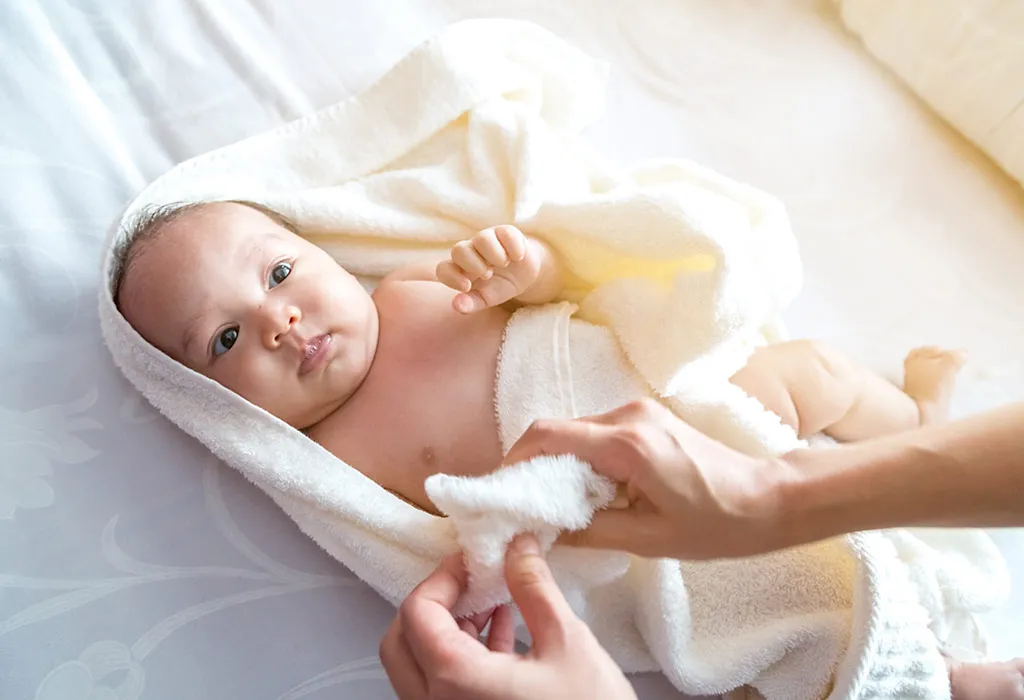
- Cover your child: Clothes are a great barrier and do not let too much moisture evaporate from your baby’s skin. This is especially true if you are taking your baby outside. The sun and the wind could cause a loss of moisture. A broad spectrum baby-sunscreen with SPF over 15 can safely be applied to babies over 6 months old.
- Baby laundry detergent: The clothes your baby wears can be abrasive to her skin if not washed with baby-friendly laundry detergent.
Could Dry Skin in Babies Be a Sign of Any Condition?
Sometimes, the dry patches on your baby’s skin might turn red. This could possibly mean that she has eczema or atopic dermatitis. Mostly, baby dry skin eczema will clear if you moisturise the skin regularly. You should visit your doctor only if the redness persists even after a few days or itches despite moisturizing.
Ichthyosis is a rare genetic condition that shows dry skin with scaling and redness. It is accompanied by the thickening of the skin on the hands and soles. A dermatologist’s evaluation is necessary for this condition.
When to Consult the Doctor?
Knowing when to consult a doctor for your baby’s dry skin is important to ensure proper care and avoid potential complications. Here are some key signs that indicate it’s time to seek medical advice:
- If dry skin persists despite using moisturizers and adjusting bathing habits.
- If your baby’s skin shows severe redness, inflammation, or appears infected.
- If there are rashes, sores, or other unusual skin changes alongside dryness, which can signal a more serious condition, such as eczema or dermatitis.
- If there is increased warmth, swelling, or pus, which could indicate an infection.
- If your baby seems unusually uncomfortable, is having trouble sleeping, or is excessively fussy due to skin issues.
- If dry skin does not improve with basic home care measures.
FAQs
1. Are there specific products to avoid if my baby has dry skin?
Yes, there are certain products you should avoid if your baby has dry skin. Harsh soaps, bubble baths, and products containing alcohol or artificial fragrances can exacerbate dryness. Opt for fragrance-free, hypoallergenic products designed specifically for sensitive baby skin.
2. Can dry skin in babies be seasonal, and how can it be managed?
Yes, dry skin in babies can be seasonal, often worsening in winter due to low humidity and exposure to heaters. To manage seasonal dry skin, use a humidifier in your baby’s room to maintain moisture levels and apply a gentle, hypoallergenic moisturizer regularly to protect their skin.
3. Is it safe to use essential oils for dry skin in babies?
Using essential oils on babies should be approached with caution. Some essential oils can be too strong or irritating for sensitive baby skin. If you consider using essential oils, consult your pediatrician first and ensure any products are specifically formulated for babies and diluted appropriately.
This was all about newborns and dry skin. Always consult a doctor before administering any new skincare products to your baby. Talk to your doctor about preventive measures for dry skin in your baby. While testing new products for your baby, ensure that you pay close attention to their skin and behaviour to make sure that there is no adverse reaction to your baby’s health. In case of any rashes, blisters, scabs or any other side effects, discontinue the product and immediately talk to a skin specialist for healthier alternatives.
References/Resources:
1. Eczema in Babies and Children; American Academy of Pediatrics; https://www.healthychildren.org/English/health-issues/conditions/skin/Pages/Eczema.aspx
2. Avoiding Dry Winter Skin in Babies and Toddlers; American Academy of Pediatrics; https://www.healthychildren.org/English/health-issues/conditions/skin/Pages/Avoiding-Dry-Winter-Skin-in-Babies-and-Toddlers.aspx
3. Dry Skin; Mayo Clinic; https://www.mayoclinic.org/diseases-conditions/dry-skin/symptoms-causes/syc-20353885
4. Baby Eczema; Cleveland Clinic; https://my.clevelandclinic.org/health/diseases/23408-baby-eczema
5. Skincare for babies; The Royal Children’s Hospital Melbourne; https://www.rch.org.au/kidsinfo/fact_sheets/Skincare_for_babies/
6. Bamalan. O, Moore. M, Menezes. R; Vernix Caseosa; National Library of Medicine; https://www.ncbi.nlm.nih.gov/books/NBK559238/
7. Understanding Eczema in Children: Causes, symptoms, treatment and more; National Eczema Association; https://nationaleczema.org/eczema/children/
Also Read:
Summer Skincare Tips For Babies
The Complete Guide to Your Baby’s Skin Care
Skin Care & Hygiene Essentials for Your Newborn
Natural Home Remedies & Tips for Baby Skin Care
Natural Ingredients That Are Wonderful For Your Baby’s Skin
Was This Article Helpful?
Parenting is a huge responsibility, for you as a caregiver, but also for us as a parenting content platform. We understand that and take our responsibility of creating credible content seriously. FirstCry Parenting articles are written and published only after extensive research using factually sound references to deliver quality content that is accurate, validated by experts, and completely reliable. To understand how we go about creating content that is credible, read our editorial policy here.






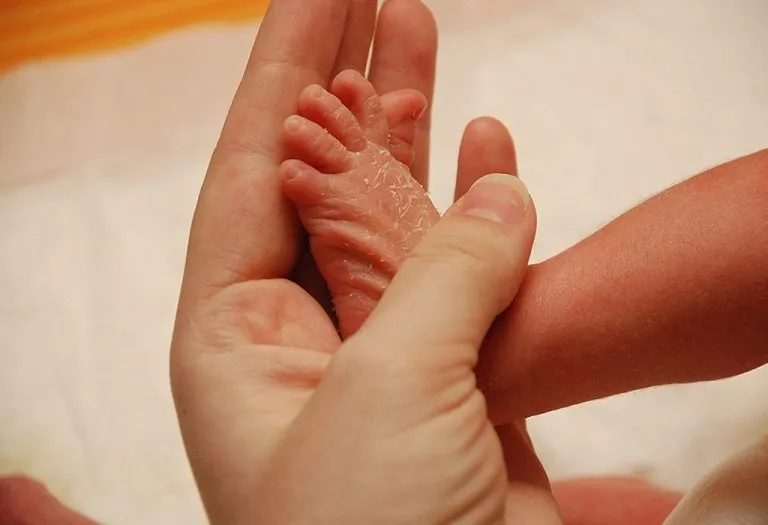
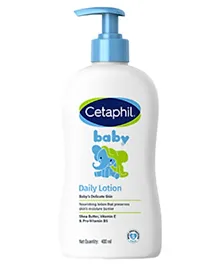
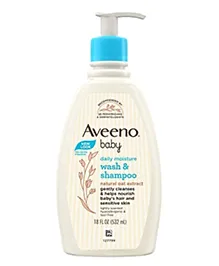

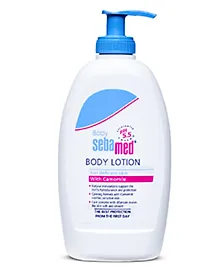
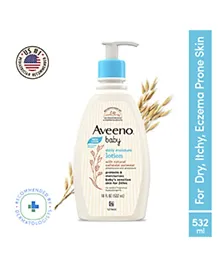
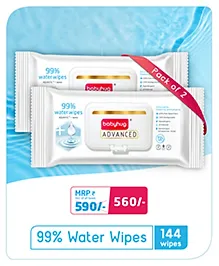


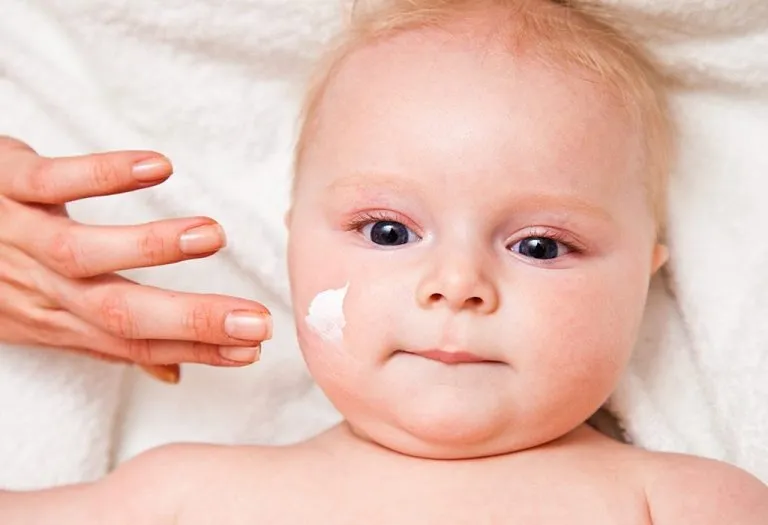
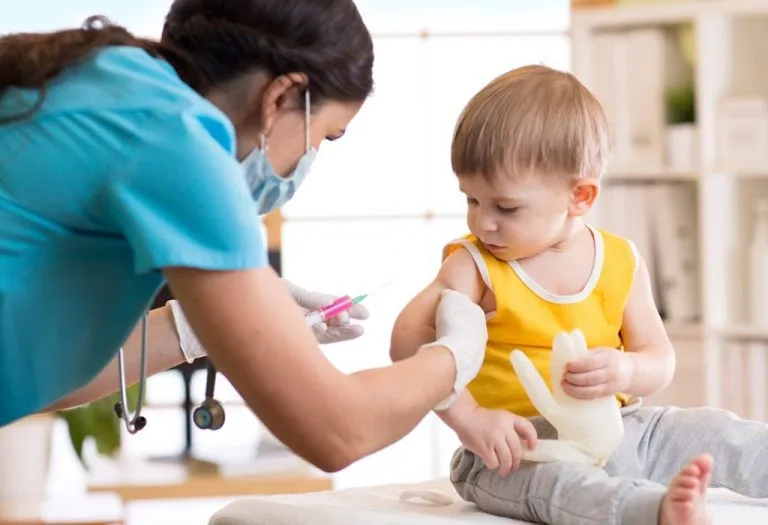




.svg)


















